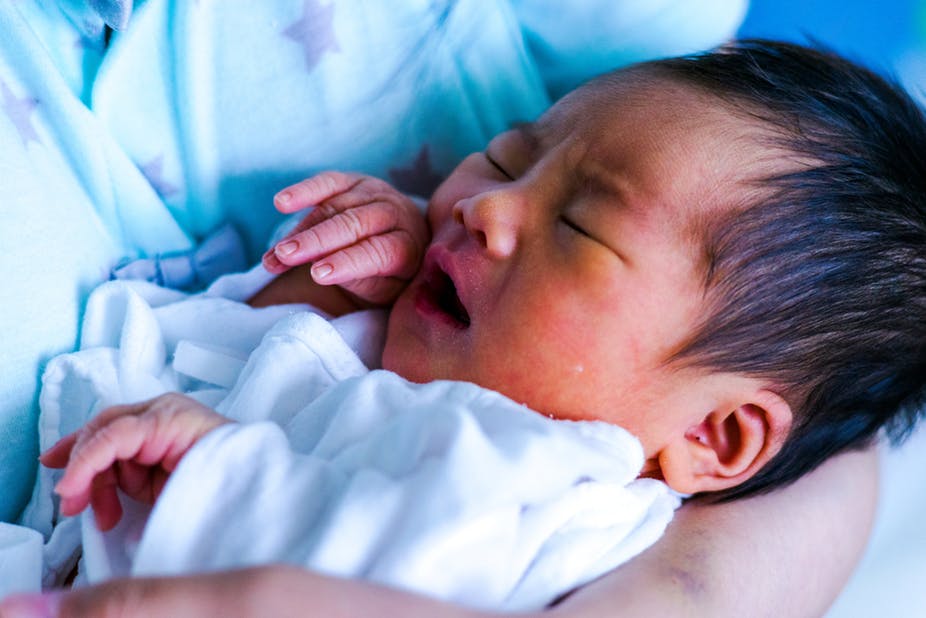A friend of mine recently gave birth to a beautiful baby boy, but within months she was at the end of her tether with sleep deprivation. Like many parents, she was confused by conflicting advice from midwives, nurses and well-meaning friends – not to mention the many books available. But as a professor of psychology who specialises in sleep research, my advice was to consider the science, then make a choice that suits the whole family. This advice is shared by paediatric sleep experts worldwide who have now introduced Baby Sleep Day on March 1 and a website (www.babysleep.com) to answer questions that parents may have. On 1st March we will be answering questions that you have about infant sleep on Facebook (www.facebook.com/pedsleep).
Sleep is important for a child’s development – it has been associated with attention, school performance and emotional regulation which is important in developing social skills and making friends. My own research has focused on sleep problems early in life and indicates that they are associated with later difficulties such as anxiety, depression and behavioural problems.
Learning to sleep better
Research to date also seems to suggest that certain techniques might result in outcomes desired by some parents. There is moderate evidence that behavioural techniques for sleep such as graduated extinction – ignoring all undesirable behaviour until the morning – is useful. This technique includes brief checks to ensure the child is okay.

Techniques such as this can reduce the time it takes young children to fall asleep, the number of times they wake up at night and the length of time they are awake. However, parents sometimes struggle to implement these techniques, because they feel that ignoring the child will affect the bond they share.
A recent study, however, suggested that such techniques don’t increase stress or lead to long-term attachment or behavioural difficulties in infants. Certain techniques are not recommended for babies under six months of age, however, and safety should always come first, especially when considering the sleep of the very young child.
However, questions about infant sleep go well beyond the effectiveness of behavioural interventions. Researchers have collated a list of the questions most commonly asked by examining queries submitted to an “ask the expert” section of a mobile phone app.
Questions raised by users were about awakenings during the night, sleep schedules, bedtime problems, the sleep environment and sleep training, as well as a whole host of other sleep problems. It is beneficial to understand their concerns for the continued development of resources for caregivers. Research has addressed many of these issues, and advice is available for families, but we must remember that scientific evidence does not necessarily have a bearing on personal preferences.
Personal preferences prevail
Every family is unique. My own bedtime ritual as a young child involved pestering my father for a fireman’s lift up the stairs to bed (not a good technique for the safety conscious). I have also been known to deviate from advice on sleep with my son, who occasionally crawls into my bed during the night. An appropriate response to deter this unwanted behaviour is to return him to his own bed. However, my sleep-deprived self is sometimes too tired to bother – as is the case for many parents.

But encouraging your child to sleep well can limit the disruption to your own sleep. One study found what many parents feel they already know – that disturbed sleep is as problematic as insufficient sleep. Sufficient sleep is also important to maintain good physical and mental health, as well as optimal brain functioning which allows us to perform well at work and avoid accidents.
However, whether your personal choice leans you towards or away from techniques supported by the science, a baby’s sleep always needs to be considered in your own family’s context. A crying baby can wake other children, and night-time rituals and choices have serious implications for parents. So, while I wouldn’t recommend it, if a fireman’s lift to bed is what suits your family, then that decision is yours.
Originally published at theconversation.com


